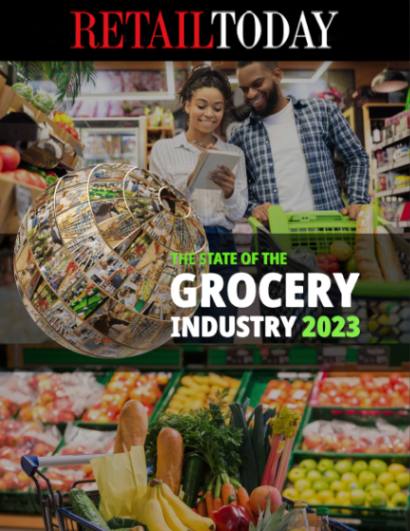Sellers and retailers preparing for the biggest shopping event of the year, are anticipating a mass surge in e-commerce sales in line with the 30 percent online sales growth experienced during the first and second quarter of 2020.1
Last year, Black Friday rivaled Amazon Prime Day and Cyber Monday with shoppers choosing to spend $7.4 billion online – the second-largest internet shopping day ever.2 This year, figures released by the U.S. Department of Commerce show that figure has already been eclipsed by $211.5 billion and is set to ramp-up during Amazon Prime Day on October 5, 2020.3
As the holiday season begins, shoppers more familiar with navigating digital spaces as a result of the pandemic are expected to continue reallocating their remaining wallet share on online goods as a substitute to travel, or other activities. To accommodate the digital migration, merchants are having to rethink their business strategy and sourcing early, with hundreds of thousands of sellers anticipating the digital surge to continue over Christmas.
Advancements in the global payment sector over the last decade have been able to support e-commerce growth by offering faster, more convenient, and cost-effective global resourcing. Worldwide it is estimated that 63% of all e-commerce sales are via marketplaces such as Amazon, Alibaba, and Rakuten.4
According to Ning Wang, Co-Founder and Chief Business Officer at global payments unicorn ($1.1bn) PingPong Payments: “Black Friday presents a huge opportunity to capitalize on the e-commerce growth experienced over the last year, with the payments sector being a catalyst to support U.S. sellers expand and accommodate over 300 million Americans venturing online. As we approach the holiday season, the disruptive nature of the pandemic on global supply chains has become a wake-up call for merchants to seek a reliable, and diverse supplier network to meet increasing customer demand.”
Over the last few years consumer attitudes have rapidly changed, and Ning Wang believes retailers will need to adjust to customer-centric models in order to thrive: “As online marketplaces develop fast, efficient, next-day delivery norms – sellers are having to reassess and upgrade global sourcing by overcoming disruptive procedures in an industry that has suffered from opaque practices. Traditionally, the biggest hurdle for most e-commerce sellers using dynamic international supply chains is managing sustainable cross-border fees. Payment providers are now addressing those issues to allow sellers to streamline international goods at ease, pay suppliers on time, provide tax support, and open local bank accounts to facilitate business overseas.”
By having the right systems prepared and ready for fall, Ning Wang notes the growth of e-commerce could continue into the New Year: “Christmas is around the corner and remaining wallet share that would usually be allocated towards travel or other activities is likely to be redirected to spending on goods. Sellers should be adding the right infrastructure now to plan for shoppers continuing to utilize online services into 2021 and beyond.”





